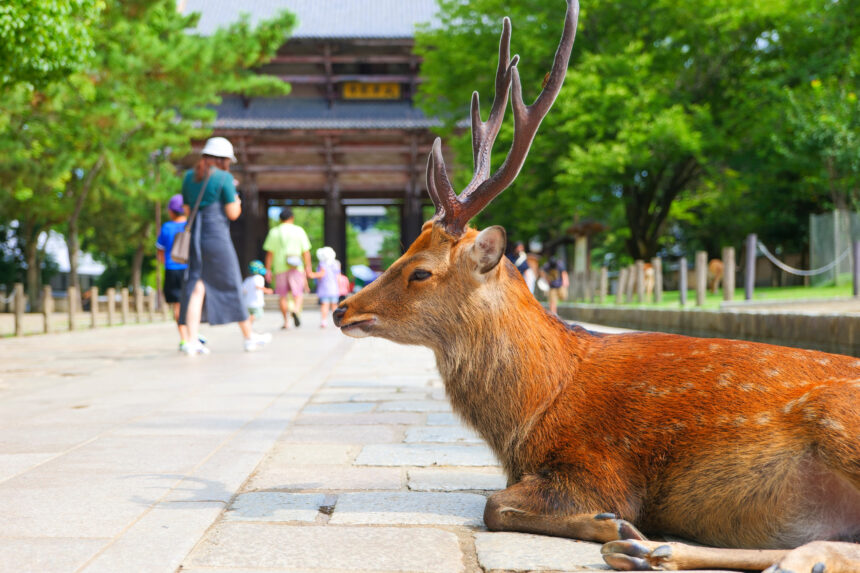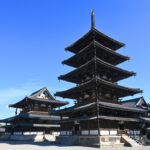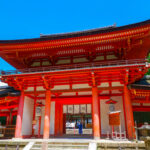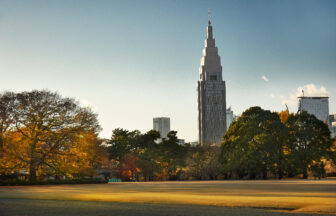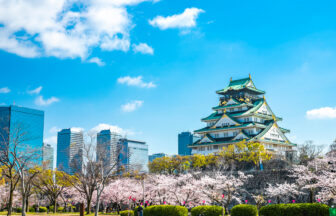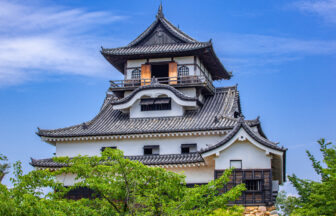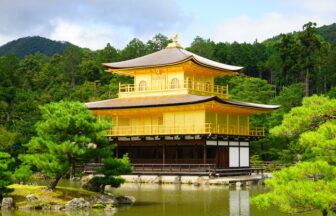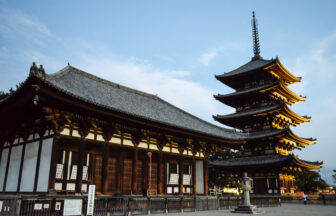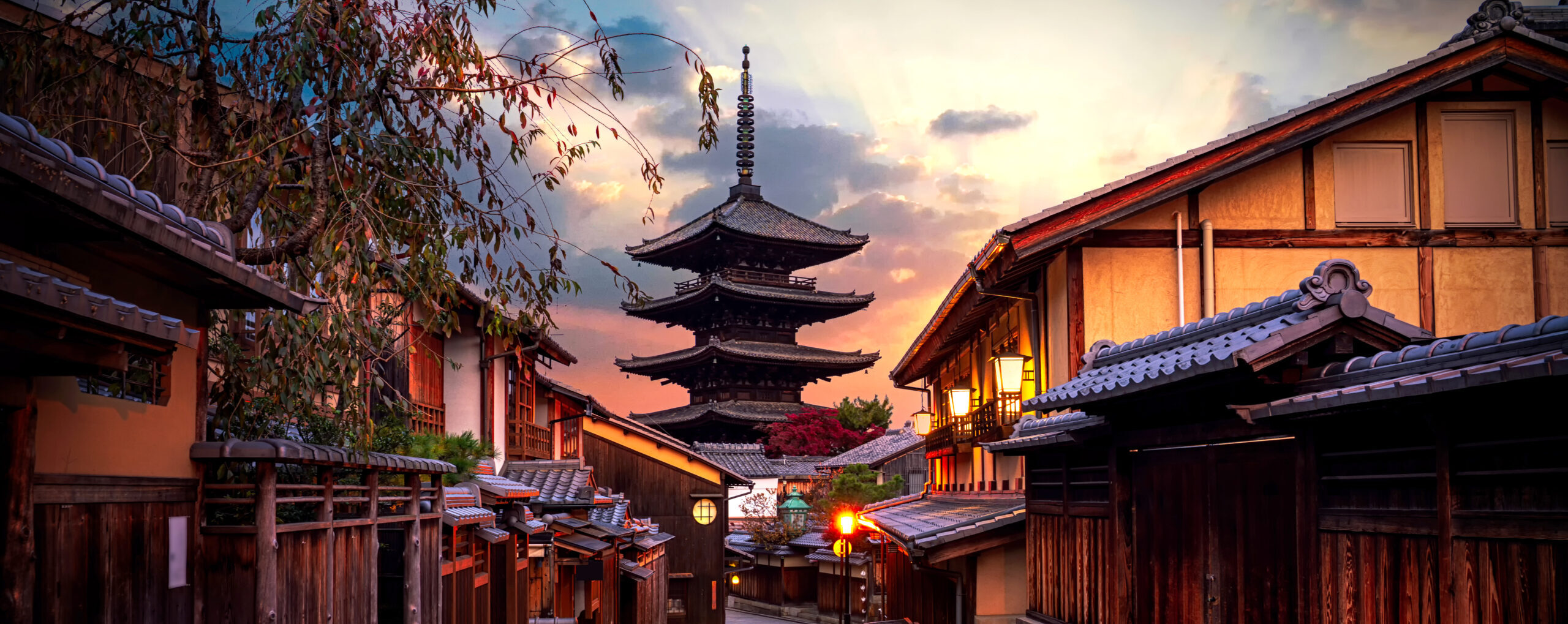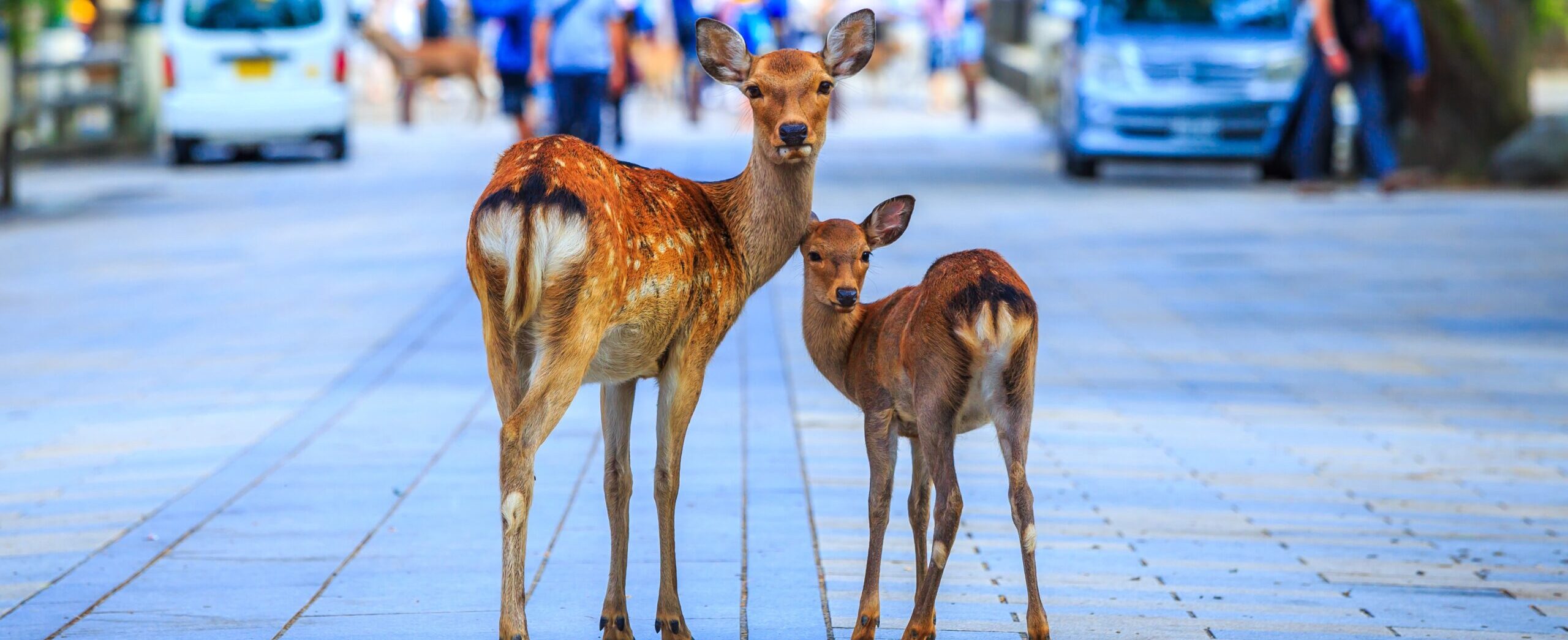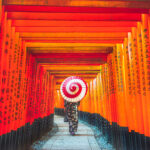In this Article
1. Overview of Nara Park
Nara Park, located in the heart of Nara City, is a sprawling public park known for its free-roaming deer and proximity to iconic cultural sites like Todai-ji Temple, Kasuga Taisha Shrine, and Kofuku-ji Temple. Established in 1880, the park covers over 500 hectares, offering a serene blend of nature, history, and wildlife. Visitors can interact with the sacred deer, explore historic landmarks, and enjoy the park’s scenic beauty, making it a must-visit destination in Nara.
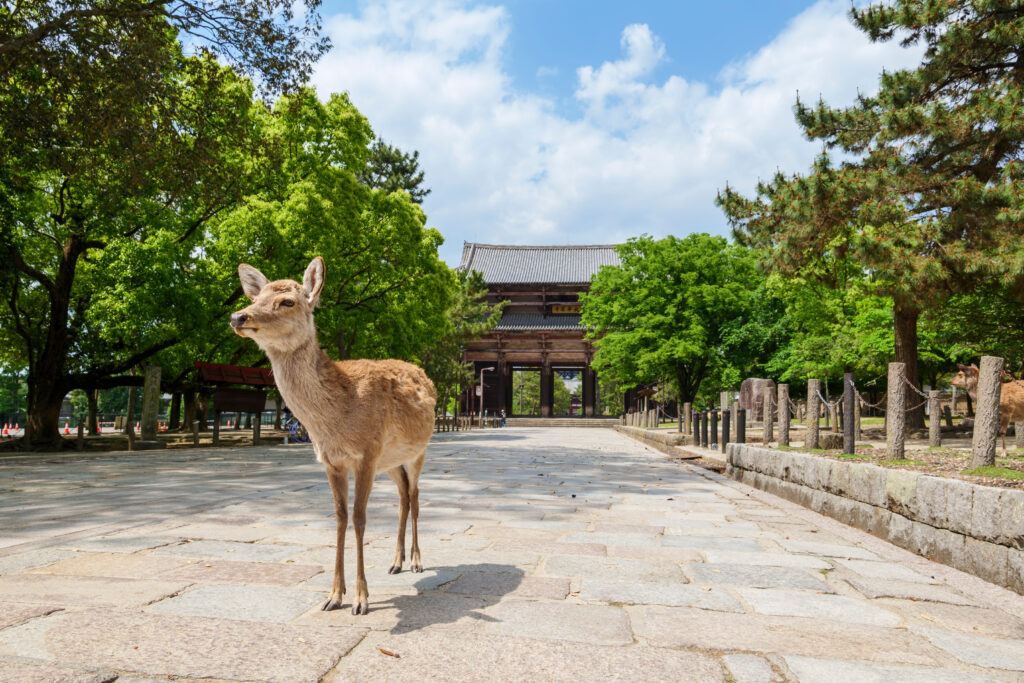
2. History of Nara Park
Nara Park was established during the Meiji Period as part of Japan’s efforts to preserve its cultural heritage and natural beauty. The park’s sacred deer have been protected for centuries, symbolizing messengers of the gods in Shinto tradition. Over the years, the park has become a cultural and natural landmark, drawing visitors from around the world.
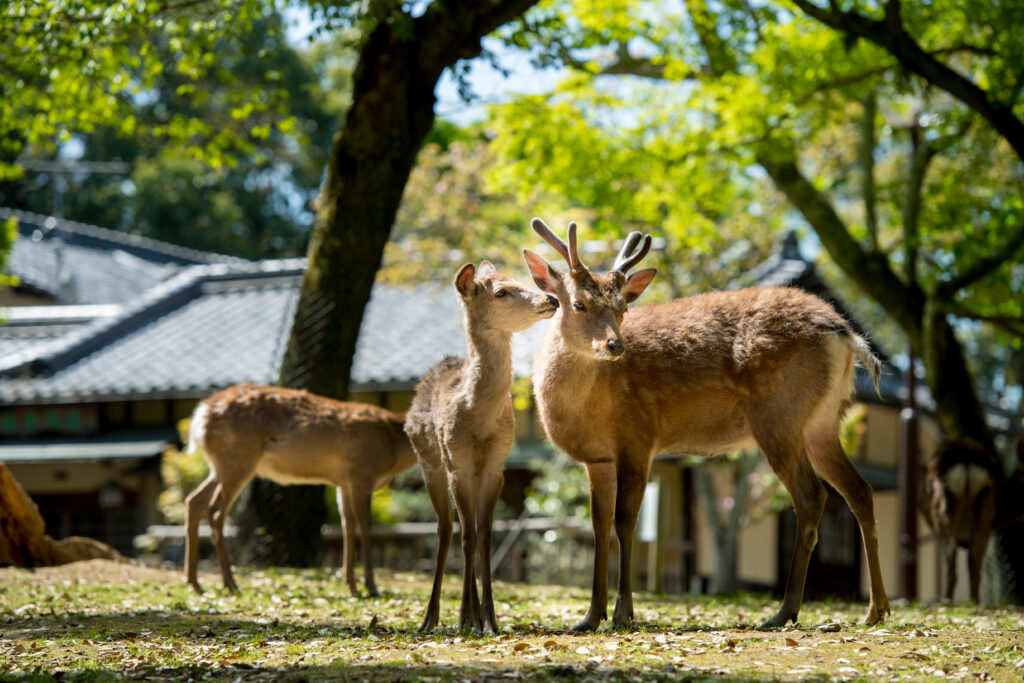
3. Highlights of Nara Park
Free-Roaming Deer
The park is home to over 1,000 Sika deer, which are considered sacred in Shinto belief. Visitors can purchase “shika senbei” (deer crackers) to feed them and experience their unique bowing behavior, a charming interaction that has become a symbol of Nara.
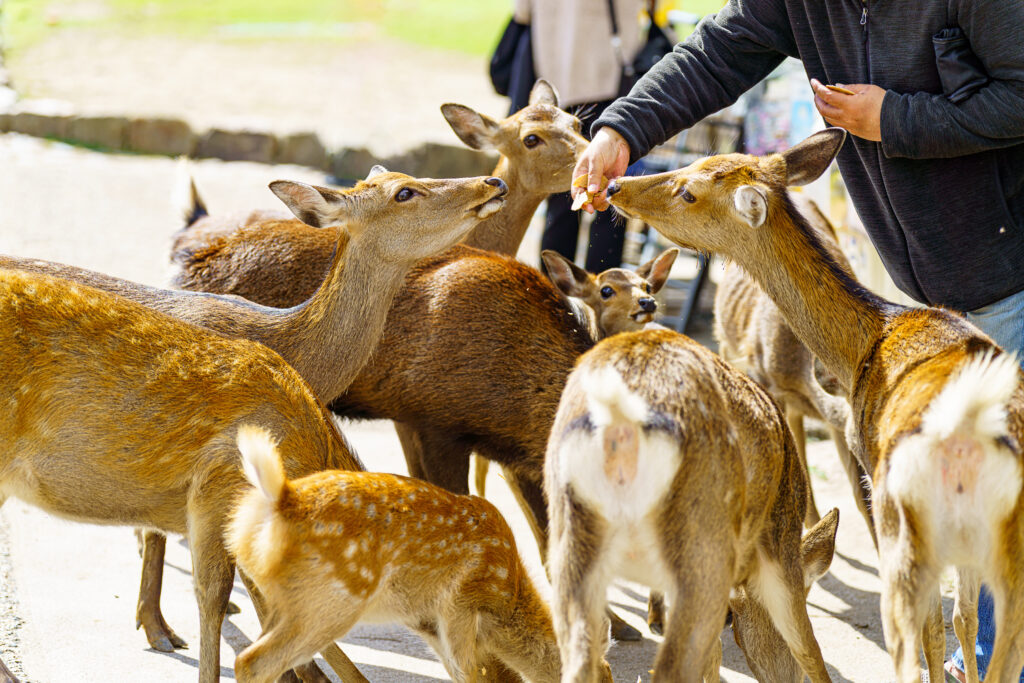
Proximity to Cultural Landmarks
Nara Park is surrounded by several UNESCO World Heritage Sites, including Todai-ji Temple, with its Great Buddha, Kasuga Taisha Shrine, known for its lantern-lined pathways, and Kofuku-ji Temple, with its iconic five-story pagoda. These historic landmarks are easily accessible within the park.
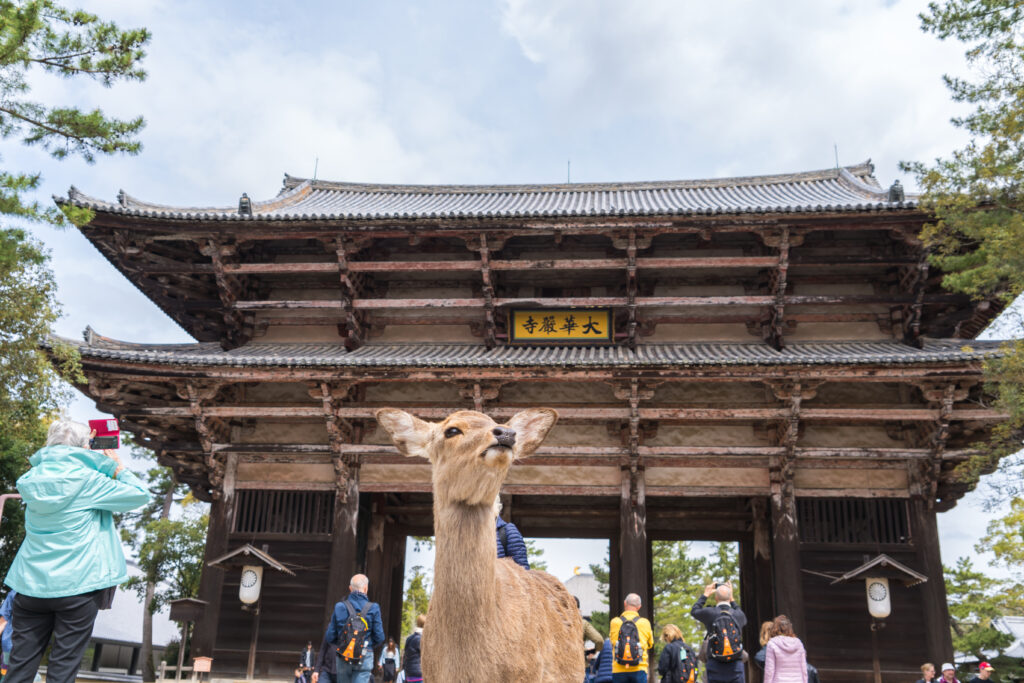
Scenic Beauty and Nature
With expansive lawns, ponds, and tree-lined paths, Nara Park offers a tranquil escape. Seasonal changes bring cherry blossoms in spring, lush greenery in summer, colorful foliage in autumn, and peaceful snowscapes in winter, making it a picturesque destination year-round.
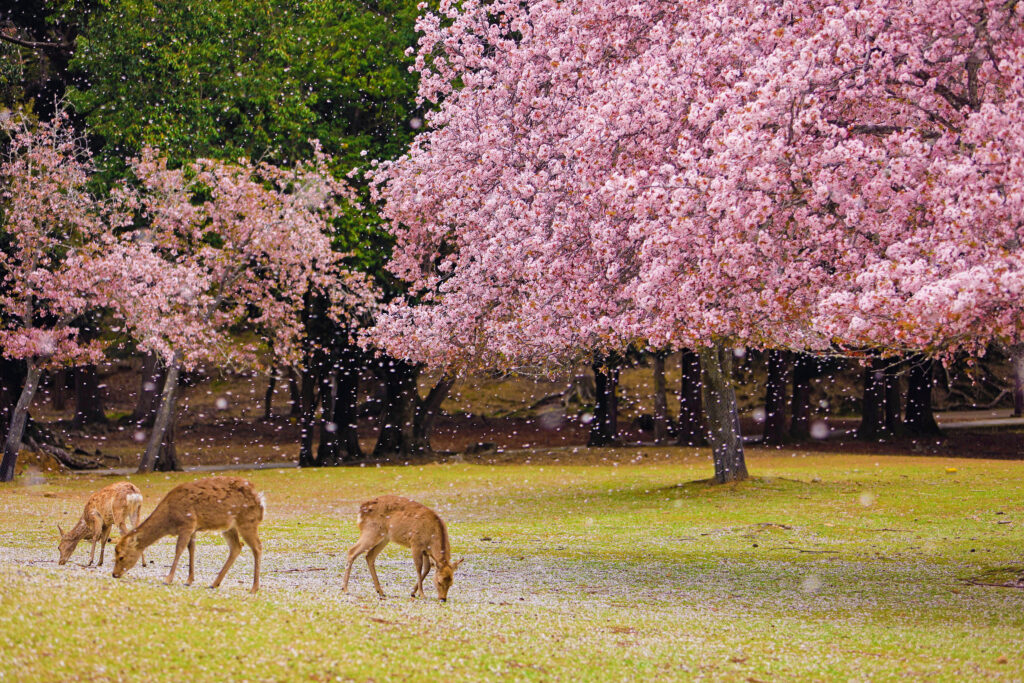
Museums and Gardens
The park is also home to cultural attractions such as the Nara National Museum, which houses a vast collection of Buddhist art, and the Isuien Garden, a beautifully landscaped garden perfect for relaxation and reflection.
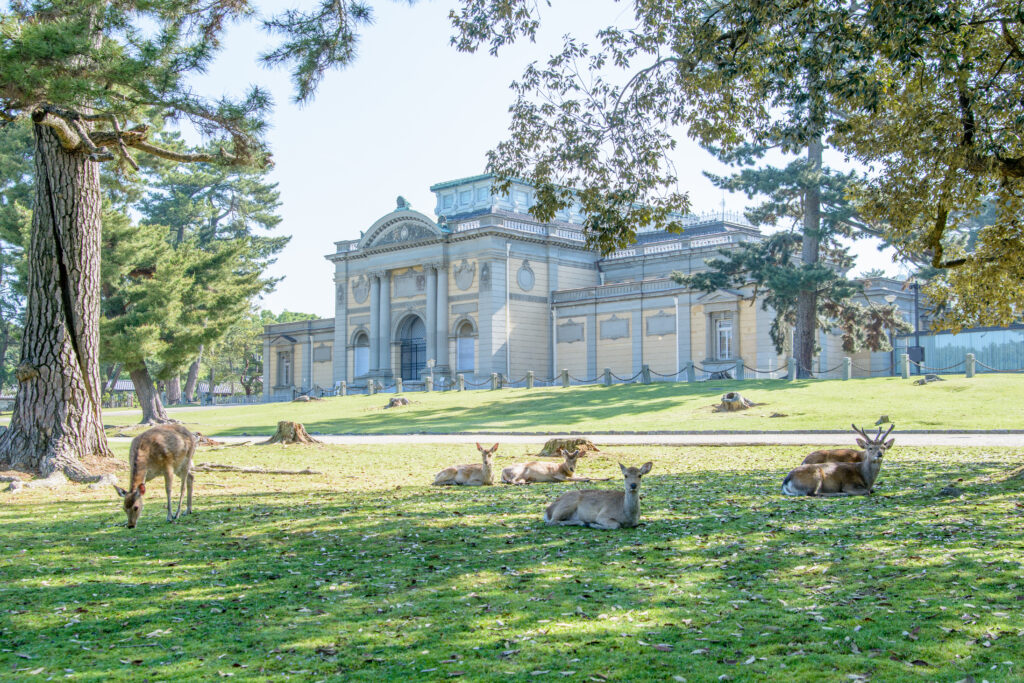
4. Seasonal Events and Festivals
Nara Park hosts various seasonal events, including the Nara Deer Antler Cutting Ceremony (October) and Kasuga Taisha’s Lantern Festivals (February and August). These events highlight the cultural and natural significance of the park, offering unique experiences for visitors.
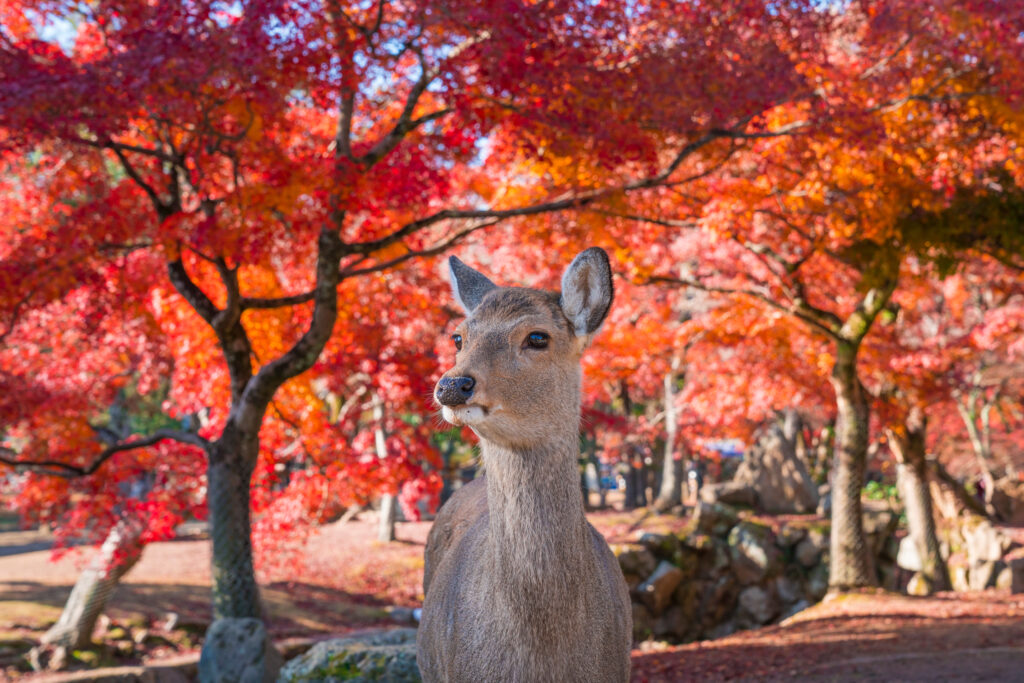
5. Access to Nara Park
Nara Park is a short walk from both Kintetsu Nara Station and JR Nara Station, making it easily accessible for visitors arriving from Kyoto, Osaka, or other nearby cities. The park’s central location also allows for convenient exploration of Nara’s main attractions.
6. Hours and Fees
Admission Fees
Free
Opening Hours
Open 24 hours
Closed Days
No closed days
*Please check the official websites for specific details on attraction hours and fees.
